Summer 2024
Historians claim that two hundred and twenty-four slaves were needed to operate the pulleys of the elevator system in the Colosseum of Rome. Thankfully, technology has come a long way since then. Modern elevators run on electricity which has necessitated the development of a Sabbath Mode. In Sabbath Mode, an elevator cab moves continuously up and down the elevator shaft, stopping at every floor. However, as will be explained, not all Sabbath Modes are the same.
Physics 101: How Elevators Work
There are two basic types of elevators in common use today: hydraulic and traction.
Hydraulic-Type Elevators
Hydraulics make use of the principle that liquid moved with low force over a large distance can be converted to movement with high force over a short distance. Take, for instance, a simple hydraulic jack (see Fig. 1). If the piston on the right has a surface area ten times that of the piston on […]




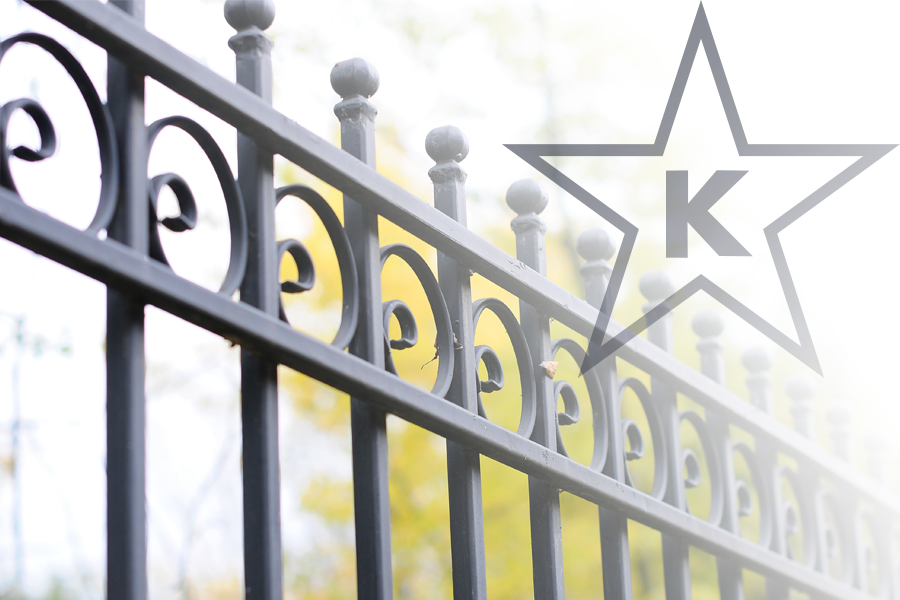
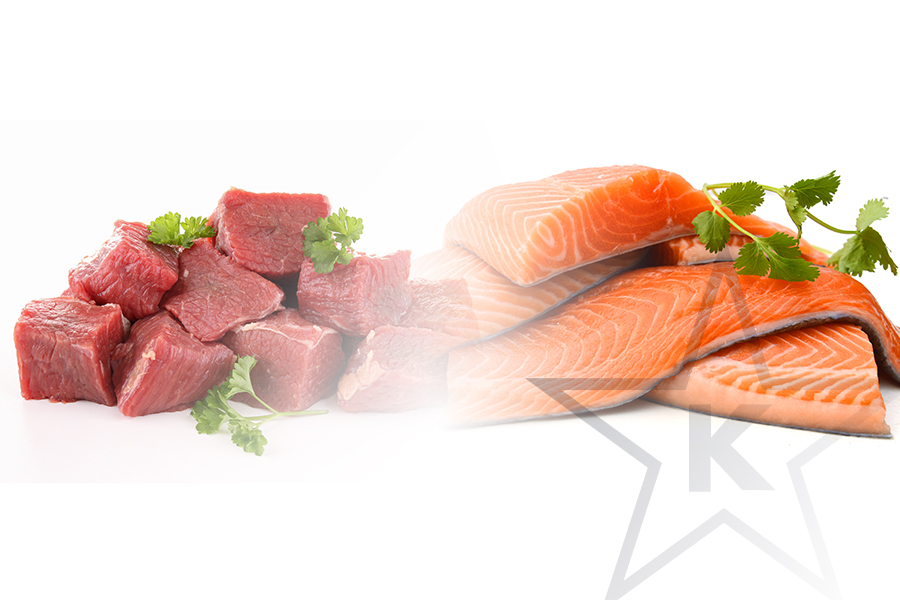
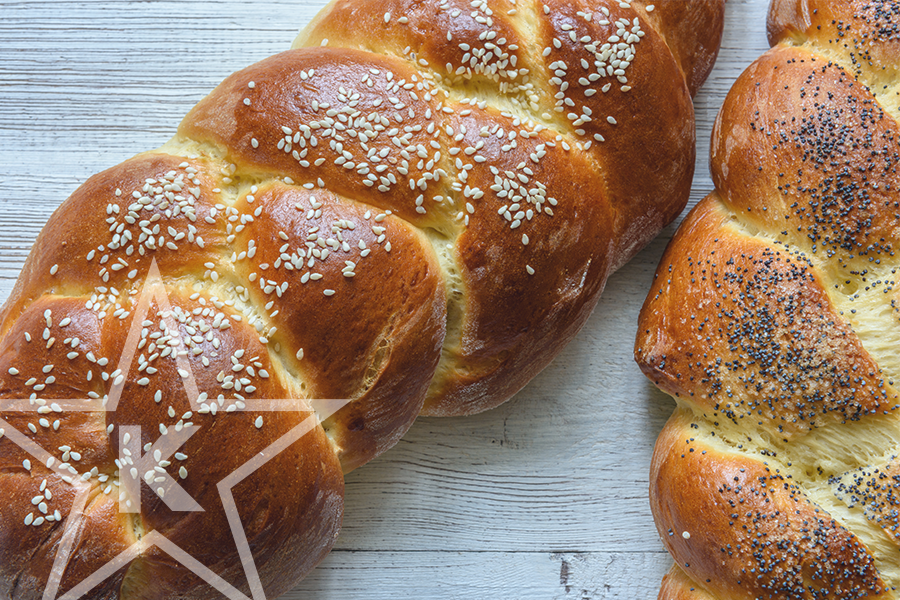
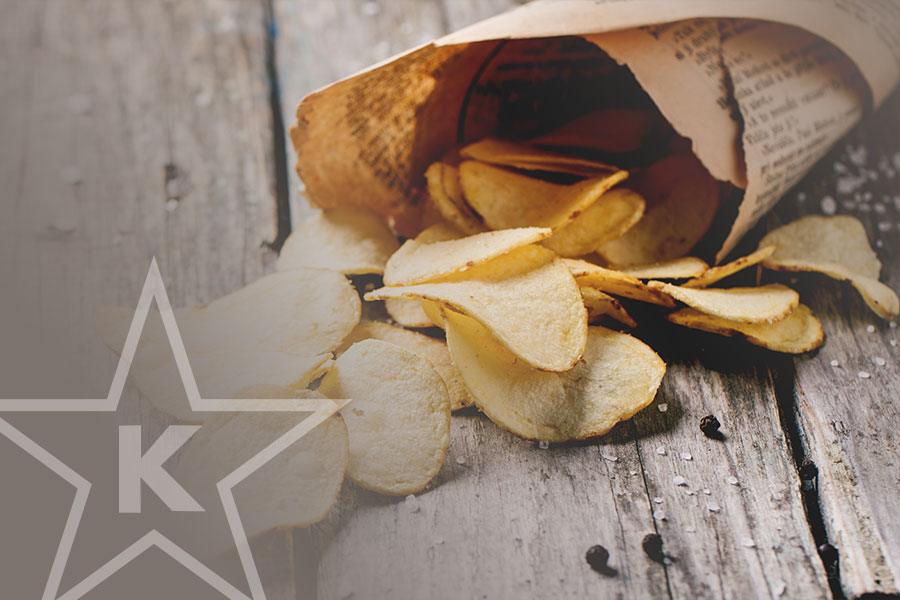
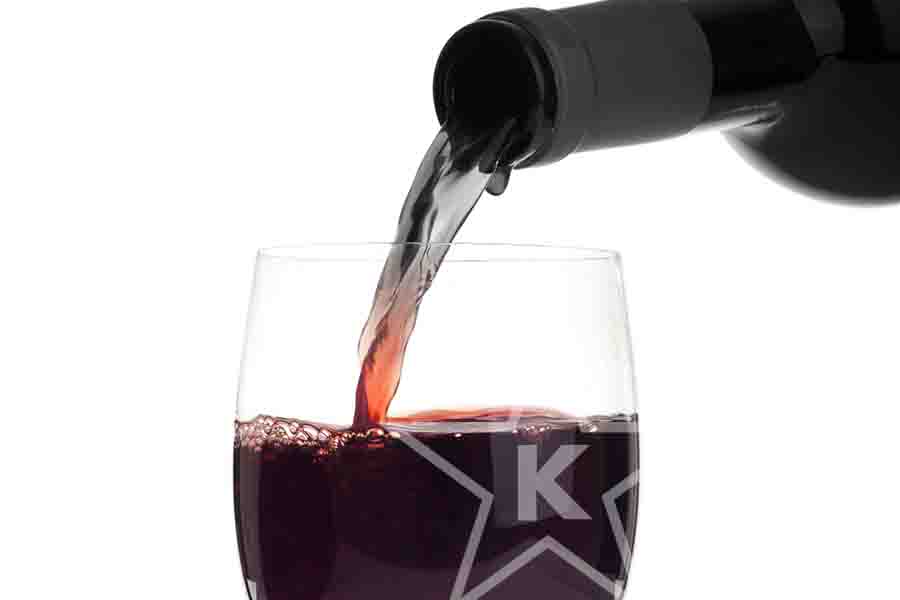
 STAR-D
STAR-D STAR-S
STAR-S